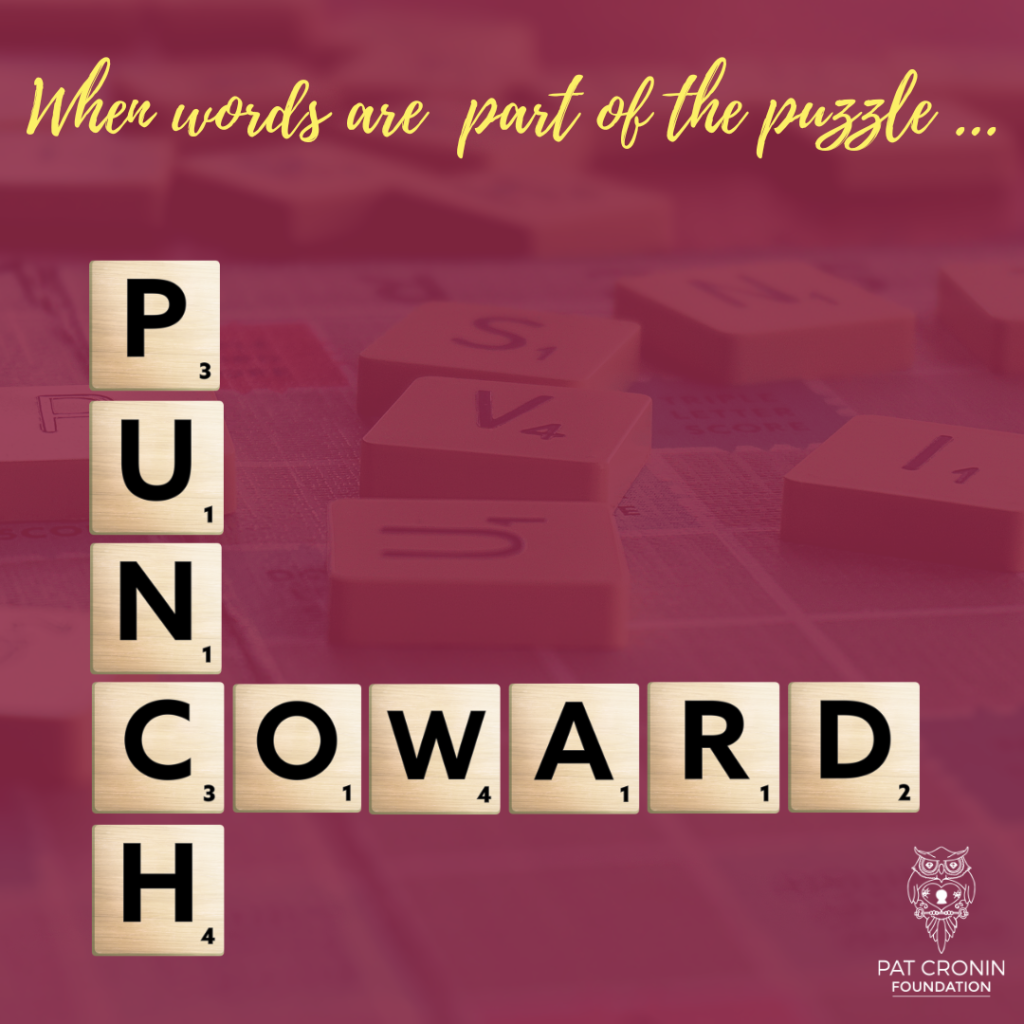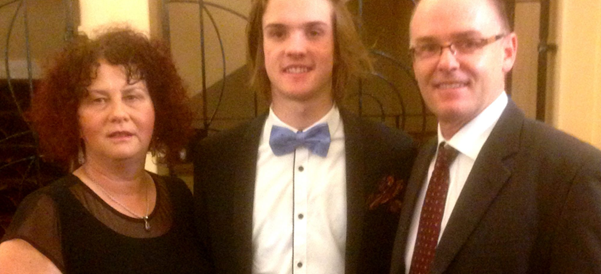
Why we need to be calling out Coward Punches
What’s in a word – or two?
Heaps – quite frankly. There’s a world of difference between a king hit and a coward punch – and we believe it’s time everyone started calling it out.
Although king hit, one punch and worse still, sucker punch typically describes a knockout blow, they just don’t cut it when it comes to conveying the cowardliness of punching an unsuspecting person in the head.
Name it for what it is – a cowardly, contemptuous act deserving of shame not glorification.
Violence has lots of causes – so we’re not suggesting just changing a couple of words will rein in the nation’s appalling assault record overnight. We do believe however it forms part of a multi-faceted educational approach in our schools, clubs, and communities.
To understand the power of words and how they shape attitudes, we spoke to Associate Professor Amanda Laugesen – the director of the Australian National Dictionary Centre (which coincidentally once considered coward punch for its Australian Word of the Year, a nod to expressions making their way into mainstream discussion).

Do words have the power to shape our attitudes?
“Absolutely. How you refer to something can definitely shape the way people view things,” says Prof Laugesen, pictured above.
“We’re seeing that in language surrounding race, gender, and disability at the moment.
“In the case of the coward punch, as distinct from the king hit, it suggests it’s not something to be admired and should be condemned – so I expect we could see some attitudinal changes there as well.”
Prof Laugesen is well acquainted with the term. In 2014, she was part of a team considering it for the Australian Word of the Year.
Although “shirtfront” grabbed the gong in the wake of former Prime Minister Tony Abbott’s promise to confront Russian President Vladimir Putin, coward punch was firmly on the short list.
At the time she told media: “Whether coward punch successfully replaces king hit in Australian English remains to be seen.”
Today however, she reports: “We’ve definitely noticed the media picking up on the term – particularly when referring to assaults or court cases.
“In a recent search of Australian newspaper articles in 2021 we obtained 187 hits for the term king hit and 108 for coward punch. While the king hit was still predominant in that search, a lot of those mentions involved figurative use of the term – such as a business taking a king hit.”
What do king hit and coward punch actually mean?
King hit is an older term popularised in Australia during the first World War when it was used to describe soldiers being hit by shelling.
According to Prof Laugesen: “Our first evidence of the term king hit in Australia dates back to a newspaper article in 1898.
“There was a second mention in 1905 when it appears to be a reference to an argument in a pub.
“As far as we can tell, it’s known as a king hit because of the power of the blow.”
As of 2022, both terms have developed a strong association with assaults carried out by young men in the vicinity of nightclub and hotel venues, with a single, unexpected hit to the victim’s head.
While the blow itself sometimes results in serious injuries or death, the force of the victim’s head hitting the ground can also be fatal.
In Pat’s case, he stayed on his feet but started to develop symptoms of brain swelling before experiencing a seizure and losing consciousness. Two days later he died.
Sadly, as a society we still have a vast amount of work to do on our anger management skills. In 2019-2020, there were 13,900 Australians hospitalised for head and neck injuries sustained in assaults , according to the Australian Institute of Health and Welfare. Males accounted for more than 60 per cent of hospital admissions.

What we’re asking you to do
Call out coward punches for what they are. Remember that words do have power and together as a society we can reshape attitudes.
To keep up to date with what we’re doing, check out our Facebook page. For more tips, book a Be Wise presentation. Click here or email us atinfo@patcroninfoundation.org.au. Check out our new Violence Prevention eLearning modules for secondary students here.

